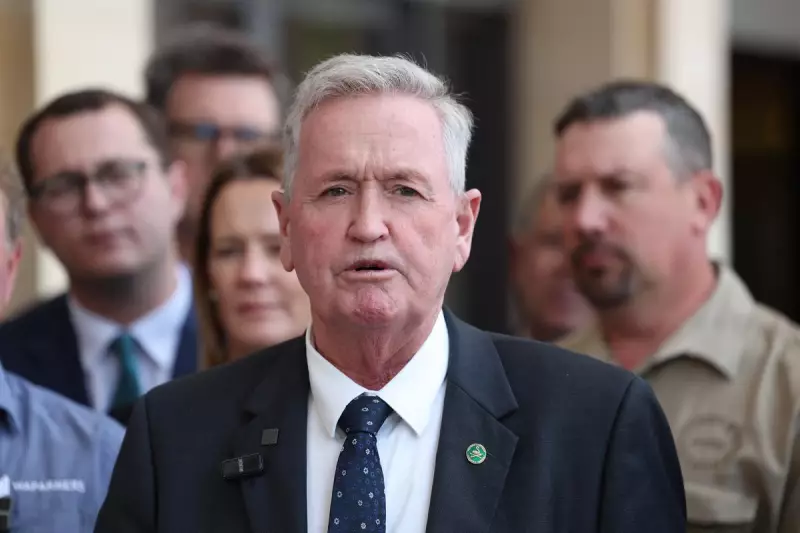
The Western Australian Nationals have launched a scathing attack on the state government's plan to shut down all state-owned coal-fired power stations by 2030, labelling the timeline as completely unrealistic and potentially dangerous for energy security.
Political Battle Over Coal Phase-Out
WA Nationals leader Shane Love has declared the McGowan government's ambitious target to close coal plants in Collie within eight years as "fanciful" and disconnected from reality. The opposition politician expressed serious concerns that the rushed timeline could jeopardise the state's electricity supply and lead to potential blackouts.
Love's criticism comes amid ongoing debates about Western Australia's energy transition. He pointed to recent events in the eastern states, where energy markets experienced significant turmoil, as a warning for what could happen in WA if the transition isn't managed carefully.
Collie's Economic Future at Stake
The debate centres around Collie's two major power facilities: Muja Power Station and Collie Power Station. These plants have been the backbone of WA's electricity system for decades and represent significant employment hubs for the regional community.
Love emphasised that while transition to cleaner energy is inevitable, the government's current approach risks both energy reliability and the economic wellbeing of Collie residents. "The government needs to be realistic about the timeframes involved," he stated, suggesting that a more gradual phase-out would better serve both the community and the state's energy needs.
Broader Implications for WA Energy Policy
The Nationals' intervention highlights the growing tension between climate targets and practical energy management. With the 2030 deadline looming, questions remain about whether renewable alternatives can adequately replace the consistent baseload power currently provided by coal.
Love argued that the government should focus on ensuring reliable and affordable energy rather than pursuing what he called "ideological timelines" that could put the state's energy security at risk. The debate is expected to intensify as the 2030 deadline approaches and the government faces increasing pressure to demonstrate how it will maintain grid stability during the transition.





